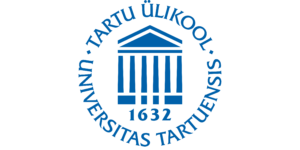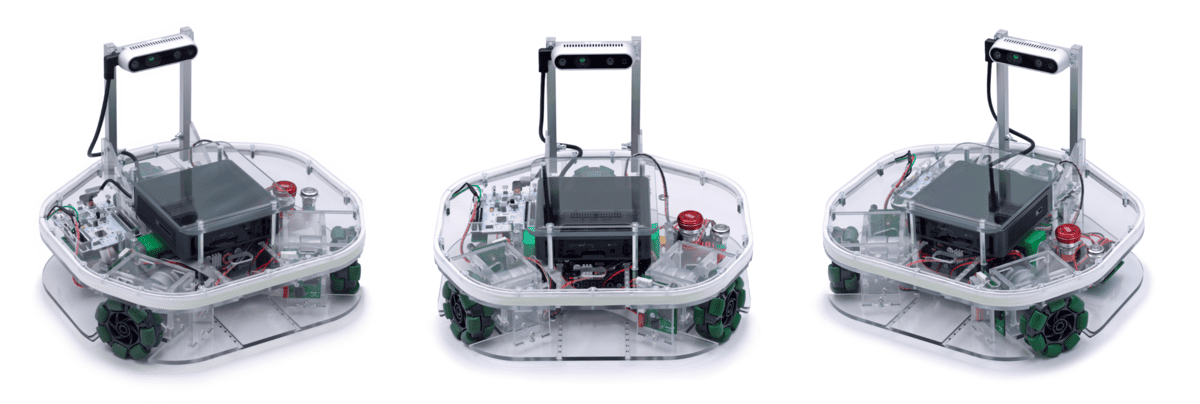Type of course:
Digital learning, Lesson
Language:
EN
Duration:
15 minutes
Workload:
2 hours
Proficiency:
Advanced
Target:
Professionals, Students, Workers
The discussion on self-efficacy and team performance, originating from Bandura’s concept of self-efficacy extended to groups, centers on collective beliefs in a group’s capabilities to achieve common goals. Studies indicate positive correlations between group efficacy and performance across various fields, prompting a growing focus on measuring teamwork and leadership skills, understanding task interdependence, and exploring the impact of cognitive abilities and personality traits on team performance. Recent research delves into newer trends like the holistic approach of flow about team self-efficacy and efficiency and the dynamics of human-autonomy teams involving humans and artificial intelligence agents. Models for team-level knowledge, skills, abilities, and other characteristics (KSAOs) and team-based processes emphasise individual requirements and competencies within clusters like Leading and Deciding, Supporting and Cooperating, and Organizing and Executing. The practical implications of these analyses stress the nuanced nature of natural processes managed by individuals and teams, highlighting the complexity of self-management skills in achieving team efficiency. The objectives of the nugget are:to give the learner a brief overview of the topic of self-efficacy and team performance to equip the learner with knowledge of the main approaches to self-efficacy and team performance to help the learner orient her/himself in self-efficacy factors that will influence team effectiveness
Learning outcomes
- A learner who has completed the nugget is able to clarify various topics of self-efficacy and team performance.
- A learner who has completed the nugget is able to use the results of different approaches by researchers on self-efficacy and team performance.
- A learner who has completed the nugget is able to apply knowledge, skills, abilities, and other characteristics (KSAO) factors that will influence team effectiveness.
Course Content
Topics
Transversal Skills, Entrepreneurship











